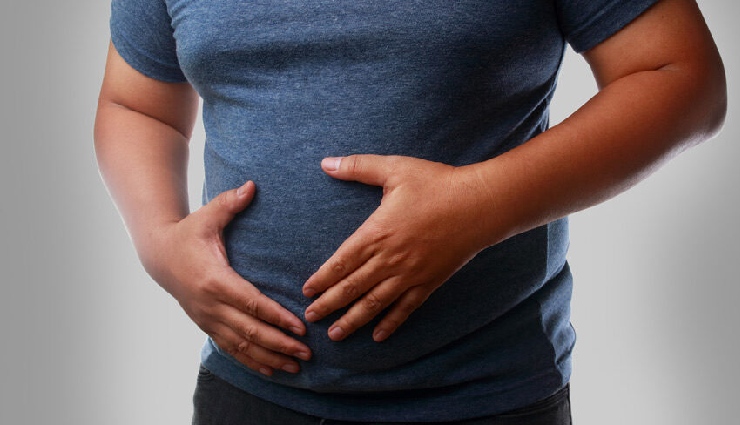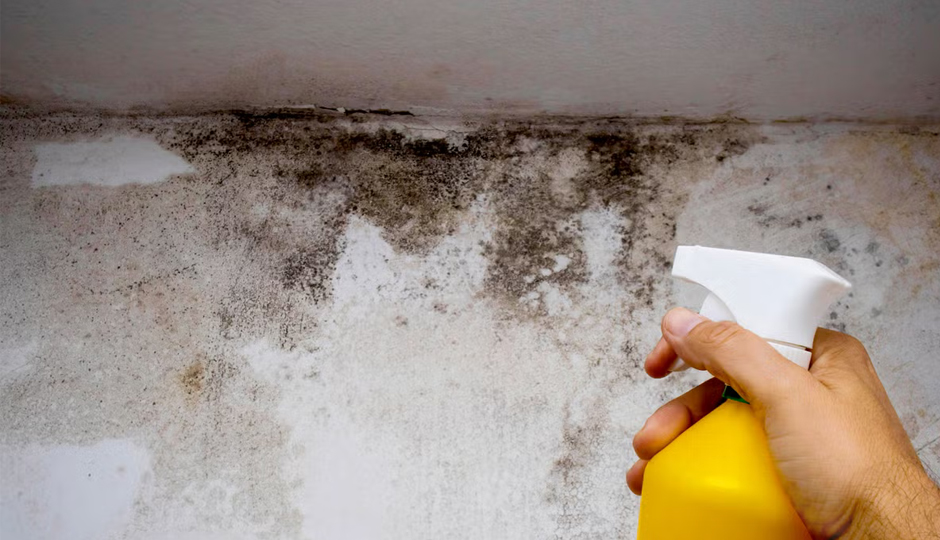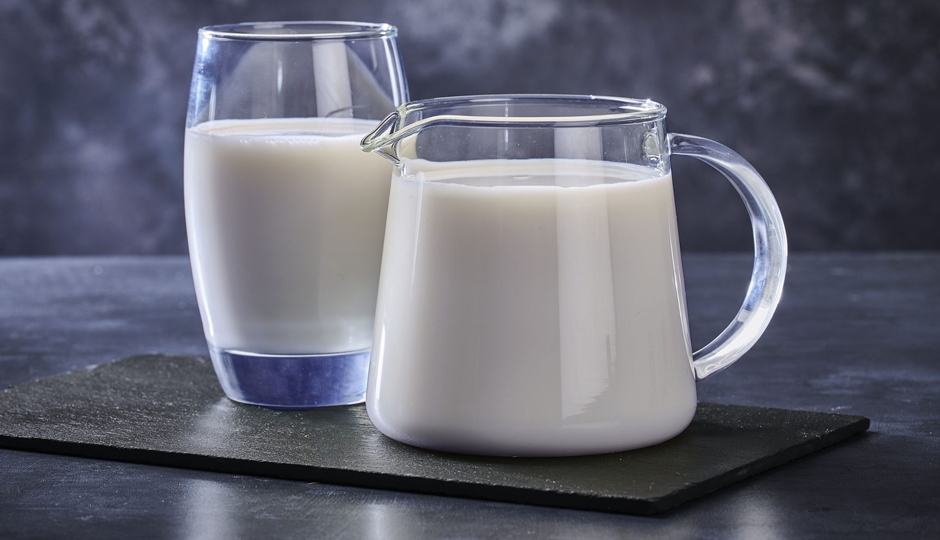- Home›
- Healthy Living›
- 10 Major Signs That Show You Are Protein Deficient
10 Major Signs That Show You Are Protein Deficient
By: Mansi Mon, 09 June 2025 10:27:10

Maintaining a balanced diet that includes all essential nutrients is crucial for staying healthy and preventing diseases. Among these nutrients, protein plays a particularly vital role in bodily functions. A deficiency in protein can lead to several health issues, including loss of muscle mass, fluid retention, fatty liver, and weakened immunity.
Studies and statistics reveal that 80% of our overall health is influenced directly by our diet. Hence, it is important to make conscious, healthy food choices and ensure that our meals consistently include all key nutrients necessary for optimal functioning.
Some of the most essential nutrients our body needs daily include proteins, vitamins, fats, carbohydrates, minerals, fiber, and water. A lack of any one of these nutrients can lead to deficiencies that may affect various body systems.
Common Signs of Protein Deficiency:

# Loss of Muscle Mass
Protein is crucial for muscle development and maintenance. Rapid muscle loss, reduced muscle strength, soreness, cramps, or persistent pain may signal a protein deficiency.
# Brain Fog
Protein helps maintain brain cell health and neurotransmitter balance. Symptoms like frequent forgetfulness, difficulty concentrating, and trouble recalling words or recent events could indicate low protein intake.
# Fluid Retention (Edema)
Insufficient protein can lower albumin levels, which help maintain fluid balance in tissues. Swelling in certain body parts, sudden weight gain, and joint discomfort may be signs of fluid retention due to protein deficiency.

# Poor Skin, Hair, and Nail Health
Hair loss, brittle nails, flaky skin, premature graying, and wrinkles can occur when your body lacks enough protein to support healthy tissue regeneration.
# Constant Hunger and Cravings
Increased appetite, frequent hunger pangs, and cravings for sugary or fatty foods may indicate that your body is not getting enough protein to meet its energy and repair needs.
# Slow Wound Healing
Protein is essential for collagen formation and tissue repair. If wounds or injuries are healing slower than usual, a lack of protein might be impairing the body’s healing response.

# Fatty Liver
Protein deficiency can disrupt the production of lipoproteins, leading to fat buildup in the liver cells—a condition known as fatty liver, which, if untreated, may lead to liver failure.
# Weakened Immunity
A protein deficit affects the production of amino acids vital for a strong immune system. This can result in increased susceptibility to infections and illnesses.
# Mood Changes and Depression
Protein influences the levels of neurotransmitters like serotonin and dopamine, which regulate mood. Low protein levels can contribute to depression, anxiety, and emotional instability.
# Low Blood Pressure
Blood proteins help maintain the viscosity and pressure of blood. In protein deficiency, reduced blood protein levels can result in low blood pressure, possibly causing fatigue, dizziness, and a slow heart rate.





